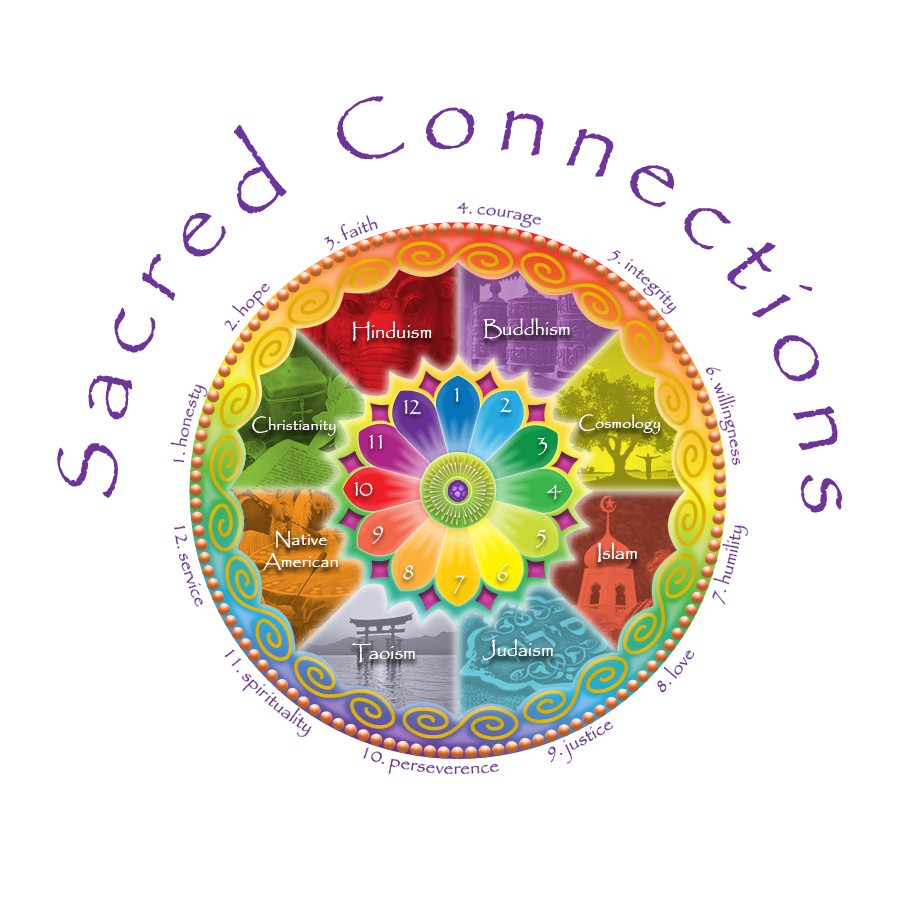Christianity and the 12 Steps
Christ is the English translation of the Greek word Kristos which was translated from the Hebrew word mashiah or messiah. Christianity was formed when a fringe sect of Jewish messiah-ists (Christians) claimed Jesus as the long-awaited messiah from the Jewish tradition. Within 300 years Christianity became the dominant religion of the Roman Empire.
Christians claim the New Testament as “the greatest story ever told” and it has become their source of revelation and inspiration. It tells the life story of Jesus of Nazareth and his ministry: his deeds, parables and teachings.The Eight Beatitudes which are also known as the Sermon on the Mount are one of the best-known prose poems in the bible. They serve as a practical summary of the entire Christian theology. They encompass the basic teachings of Christianity and provide a path or guide for living much like the 12 Steps of A.A. Lke the 12 Steps, these statements of truth refer to general principles which are achieved through mental states and action steps.
The Beatitudes
And seeing the multitudes, he went up into a mountain:
and when he was set, his disciples me unto him:
And he opened his mouth, and taught them, saying,
Blessed are the poor in spirit: for theirs is the kingdom of heaven.
Blessed are they that mourn: for they shall be comforted.
Blessed are the meek: for they shall inherit the earth.
Blessed are they which do hunger and thirst after righteousness: for they shall be filled.
Blessed are the merciful: for they shall obtain mercy.
Blessed are the pure in heart: for they shall see God.
Blessed are the peacemakers: for they shall be called the children of God.
Blessed are they which are persecuted for righteousness’ sake:
for theirs is the kingdom of heaven.
Blessed are ye, when men shall revile you, and persecute you, and shall say all manner of evil against you falsely, for my sake.
Rejoice, and be exceeding glad: for great is your reward in heaven: for so persecuted they the prophets which were before you.
Matthew 5:3-12
